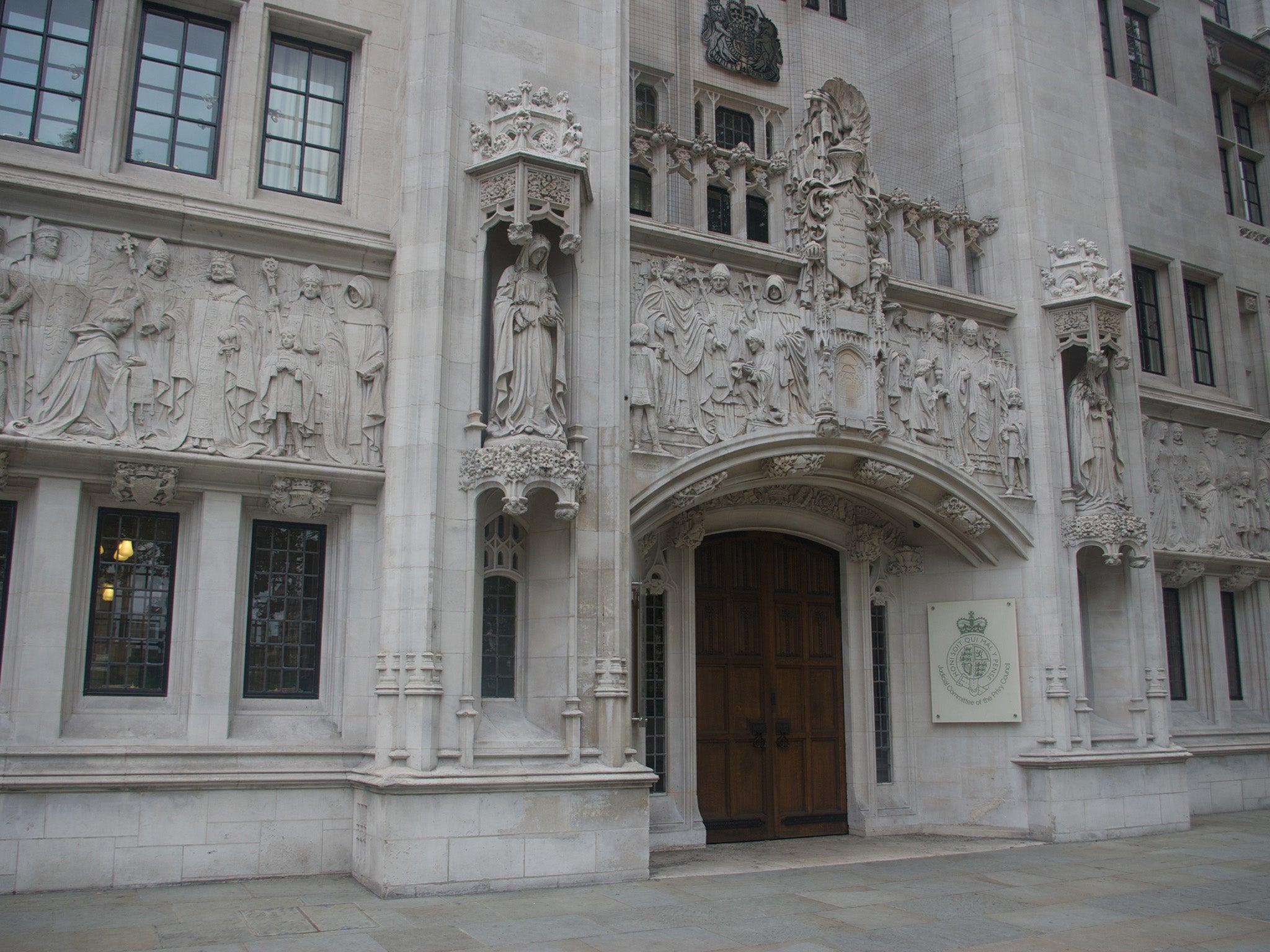'Savage and bloodthirsty' murderer granted lifelong anonymity by Supreme Court
The man - identified as 'C' - was convicted of stabbing his ex-girlfriend and her lover to death in 1997

A man convicted of a double murder described as “savage and bloodthirsty” has been granted lifelong anonymity by the Supreme Court.
The five judges unanimously agreed to grant the unnamed 46-year-old the right to a new identity in case it harms his right to start a new life.
The man - referred to as C in court - was released from a secure psychiatric hospital in October last year after being convicted of stabbing his ex-girlfriend and her lover to death in 1996.
The judges ruled C was “much more likely to lead a successful life if his identity is not generally known.”
But the mother of one his victims thought the verdict was “disgrace to the justice system”.
She told the Sun: “I’m horrified by the judgment. It makes me scared to think he can wander the streets under a new name. He’s free to form relationships with people who might not know his past. It puts the public at risk again.
“I’ve never been able to rebuild my life and nor has my family. But he’s had every chance and every resource you can imagine.”
C was convicted of the double murder in 1997 when his diminished responsibility plea was rejected by the jury.
He won the right to a retrial in 1998 but was again found guilty of murder.
In 2000, he was diagnosed with serious mental disorder and transferred to the psychiatric hospital - and then had his minimum sentence reduced from 15 years to 11.
One of the judges hearing the case, Baroness Hale, said she appreciated the “incalculable distress to the families of the victims” but there was “a long-standing practice” that vulnerable people are not named in court proceedings.
Lady Hale said: “He is much more likely to be able to lead a successful life in the community if his identity is not generally known.
“The risk of ‘jigsaw’ identification — of people putting two and two together — will remain despite the change of name.
“Putting all these factors into the balance, I conclude an anonymity order is necessary in the interests of this particular patient.”
C is now living in a care home specialising in rehabilitation and will have psychiatric and psychological treatment under the terms of his life licence.
Bookmark popover
Removed from bookmarks